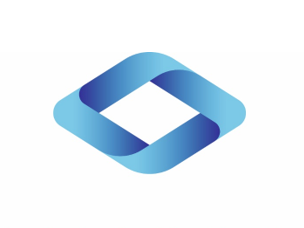Nordmann – Your partner for fluorosilicone rubber (FVMQ)
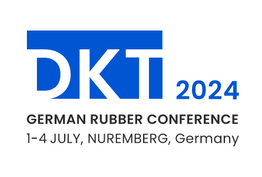
Meet us in Hall 9, Booth 9-101
Nordmann will soon be attending the next DKT, a major expo for the international rubber industry. From 1-4 July, the company will be hosting a booth there together with partners Cancarb, Daikin, Ergon, Shenzhen Guanheng and Imerys.
We would like to take the opportunity and introduce our co-exhibitors in detail!
Nordmann supplies FVMQ fluorosilicone rubber and fluorosilicone compounds in addition to FKM DAI-EL fluororubber. While the main polymer chain in FKM consists of carbon atoms, it is made up of siloxane groups (-Si-O-) in FVMQ. In FKM, fluorine atoms are situated directly on the main chain; in FVMQ, they are part of a trifluoropropyl group (CF3-CH2-CH2-) that is attached to the silicon atoms.

For more information, please contact:

What these two materials both have in common is that they can be used to make parts which come in contact with hydrocarbons. FVMQ contains a maximum of 36% fluorine by weight (FKM has 67-70%, which is almost twice as much) and therefore achieves a volume swell of 20-25% with standard test fuels.
Key details for FVMQ applications:
On a carbon chain, fluorine and other chemically similar atoms greatly improve the swelling resistance of elastomers. This is also associated with an increase in glass transition temperature (Tg).
- Its polysiloxane chains ensure FVMQ remains elastic even at low temperatures, and that parts made with FVMQ stay functional. FVMQ’s cold temperature value is -69 °C, as measured by the German Association of the Automotive Industry (Verband der Automobilindustrie, or VDA) using the differential scanning calorimetry (DSC) method.
- Compared to other fluorinated rubbers, FVMQ has slightly lower strength values at room temperature. However, this strength is largely retained even at high operating temperatures.
- FVMQ has been on the market for many years but was long regarded as an expensive and exotic material, e.g. for aerospace applications. This perception has now fundamentally changed, and today FVMQ is used to make O-rings and frame seals, tank vent valves (FTIV) and diaphragms of various descriptions (e.g. for pressure control valves) to control fuel and air in modern engines and make it possible to comply with increasingly strict environmental standards.
Resistance to engine blow-by:
In the automotive sector, a new issue has come to the fore: resistance to engine blow-by or crankcase gas. This is a mix of oil, fuel, water and acidic combustion by-products from the engine and the resulting condensate. Nordmann has developed FVMQ compounds that show good resistance to this medium, based on extensive testing that has been conducted with an automobile manufacturer and external laboratories.
One successful in-house development is a special fluorosilicone rubber compound called NORCOMP-F 3005F/60EE/01 that features improved compression set (DVR) and superior media resistance, especially to fuels and blow-by. Tests conducted by several different OEMs on diaphragms in pressure control valves have yielded consistently positive results.
Typical properties (no specified values):
| Density | 1.48 | g/cm3 | DIN EN ISO 1183-1 |
| Hardness | 58 ±5 | Shore A | DIN ISO 7619-1 |
| Tensile strength | 10 | MPa | DIN 53504 S2 |
| Elongation at break | 300 | % | DIN 53504 S2 |
| Module 100 | 2.3 | MPa | DIN 53504 S2 |
| DVR | 9 | % | DIN ISO 815 B 22 hours / 175 °C |
| DVR | 17 | % | VDA 675218 22 hours / 150 °C |
NORCOMP-F 3005F/60EE/01 is designed for producing molded and injection-molded items using injection, compression and transfer molding technologies.
Why NORCOMP?
Nordmann has been an independent producer of silicone and fluorosilicone compounds for many years. While its NORCOMP products are manufactured by partners, the Nordmann team is in full control of their design, the selection and sourcing of raw materials, and of final quality assurance. Formulations are usually customized to suit the needs of end customers. Nordmann utilizes bases sourced from numerous suppliers to create its unique compounds, most of which have been approved for use in the automotive industry and other applications.
Distributed worldwide.
Contact us to find out more:

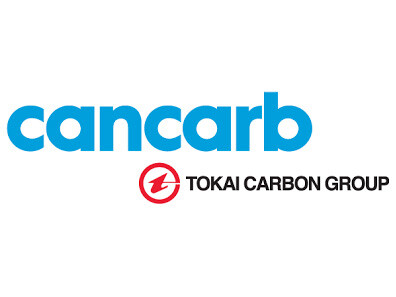
Cancarb: A reliable partner in turbulent times
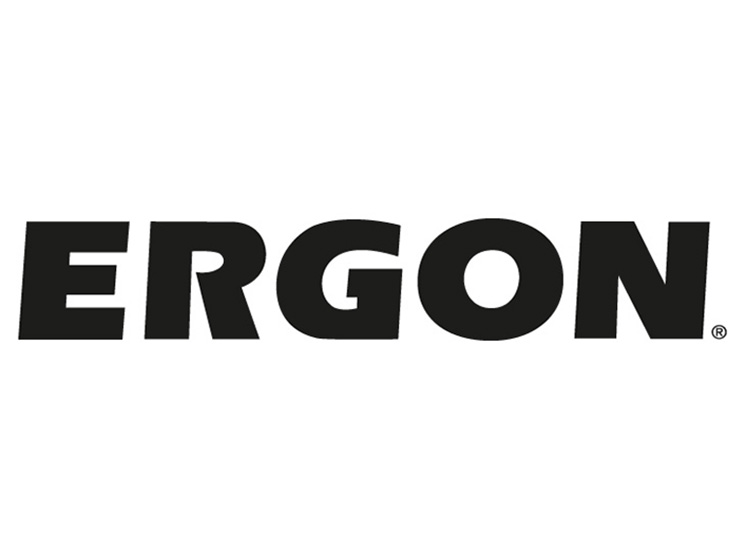
Ergon completes Nordmann’s plasticiser portfolio
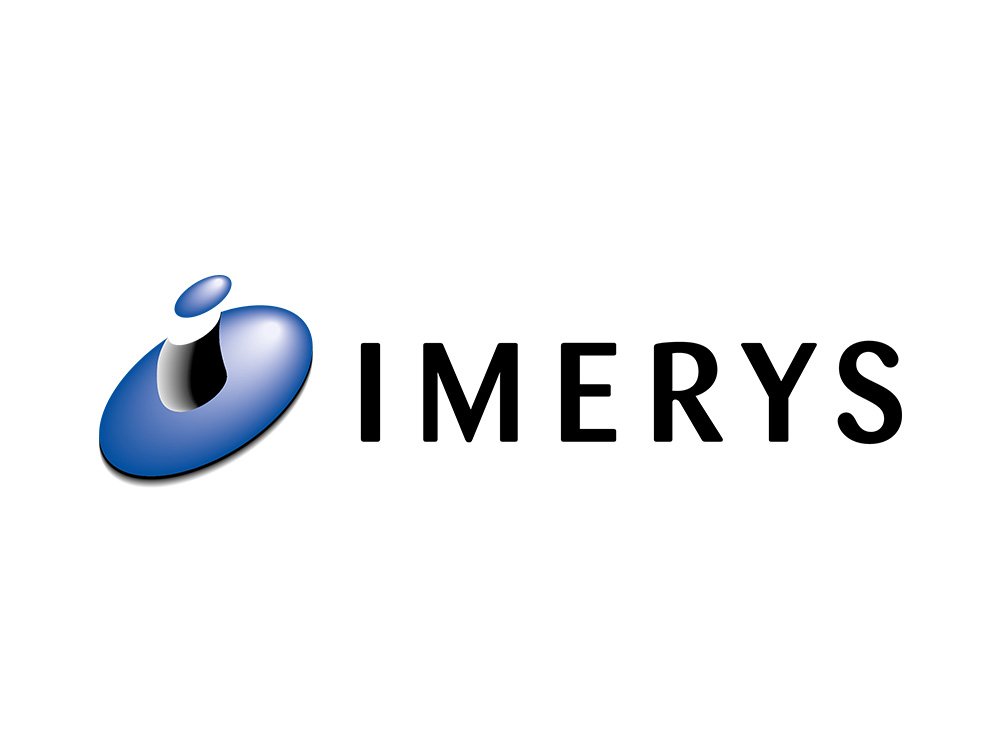
IMERYS: No future mobility without conductive carbon black
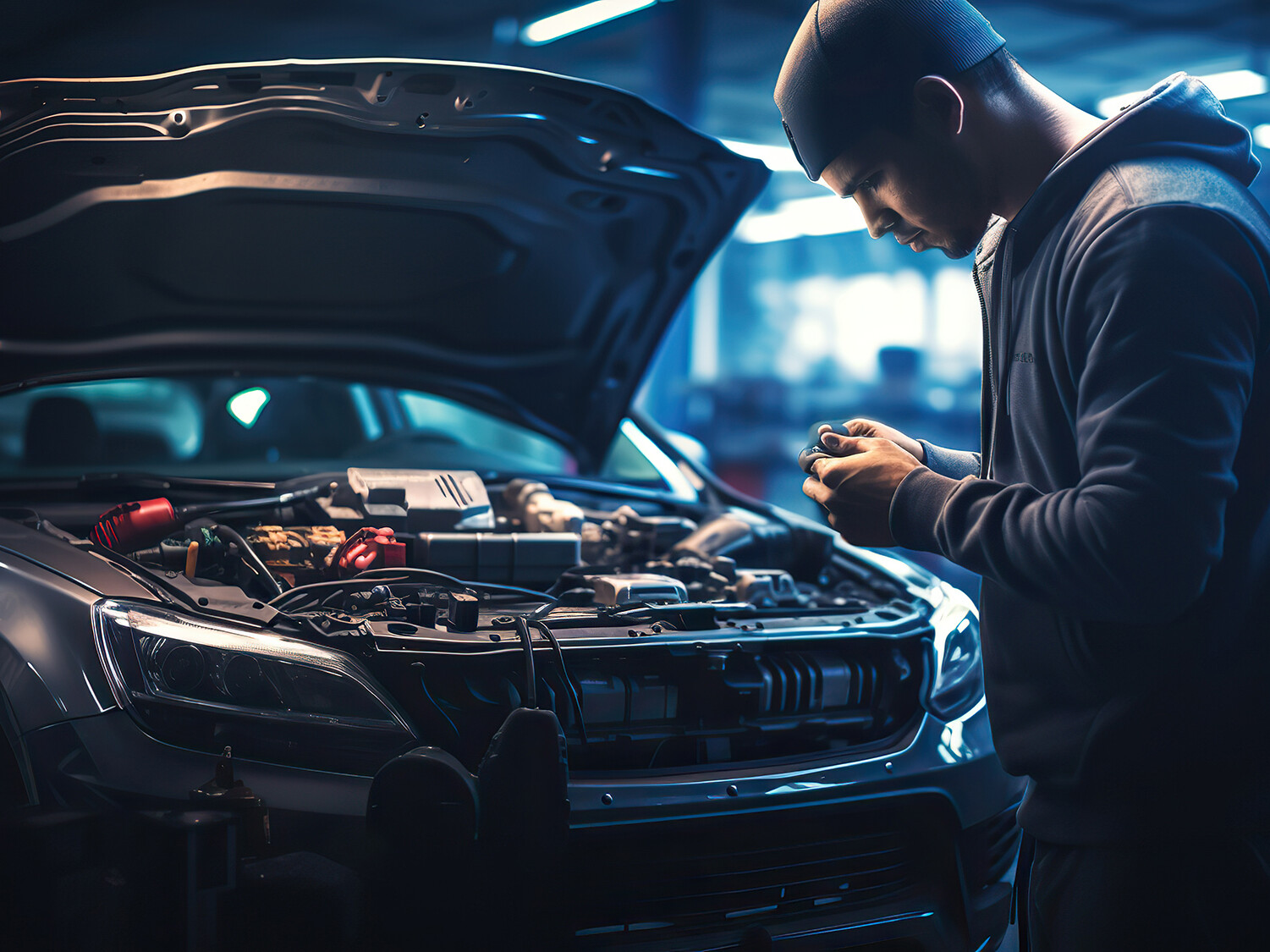
Fluorosilicone bases from Shenzhen Guanheng
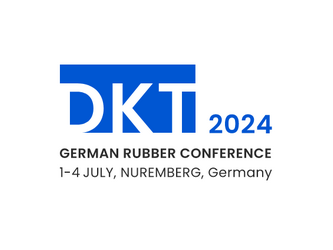
Nordmann appearing at the 2024 DKT with partners
